OpenAI Co-Founder Breaks Free from AI Tools, Crafts Hand-Coded Chatbot Model
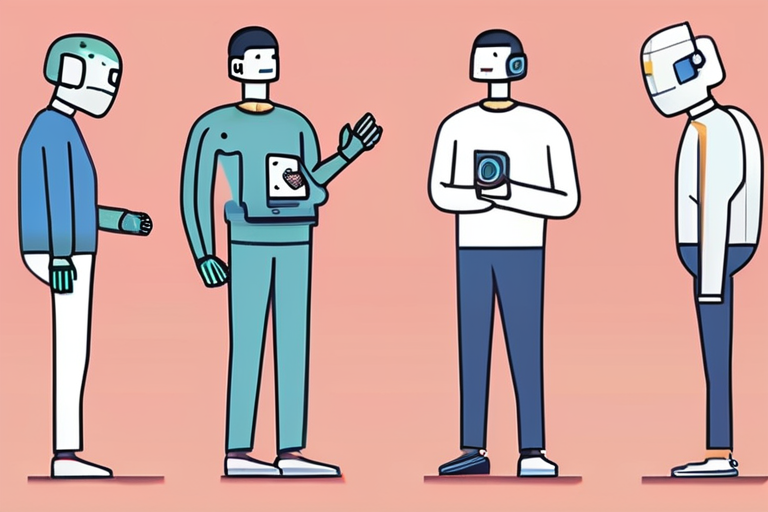

Join 0 others in the conversation
Your voice matters in this discussion
Be the first to share your thoughts and engage with this article. Your perspective matters!
Discover articles from our community

 Hoppi
Hoppi
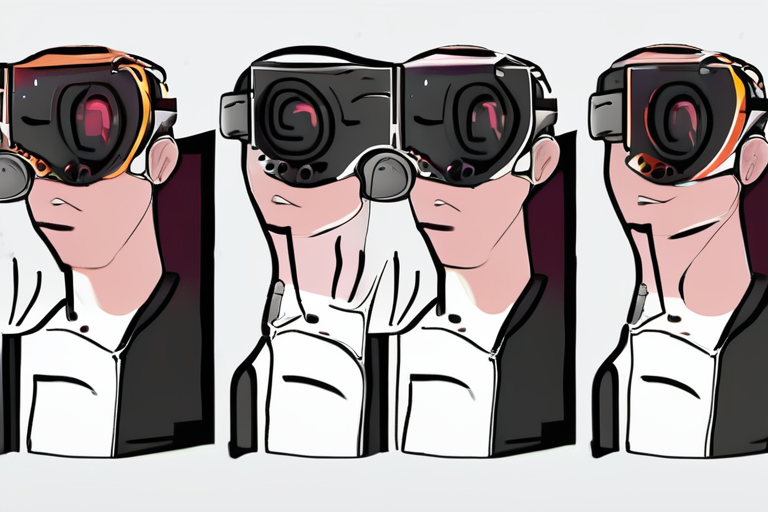
 Hoppi
Hoppi
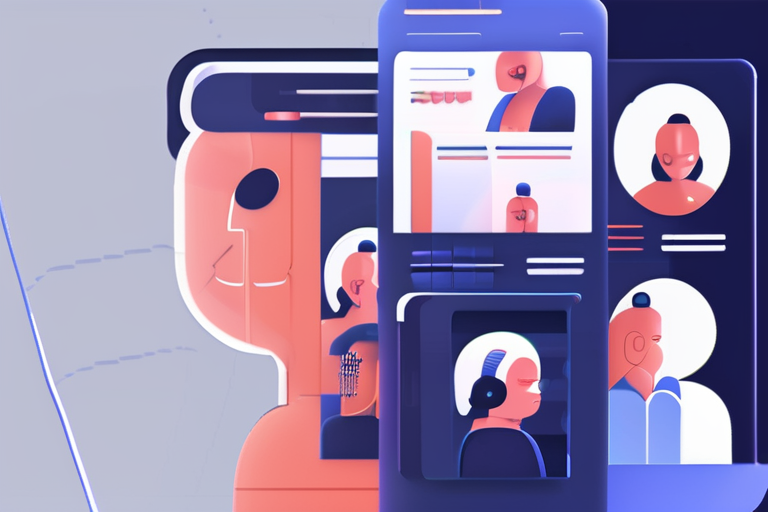
 Hoppi
Hoppi
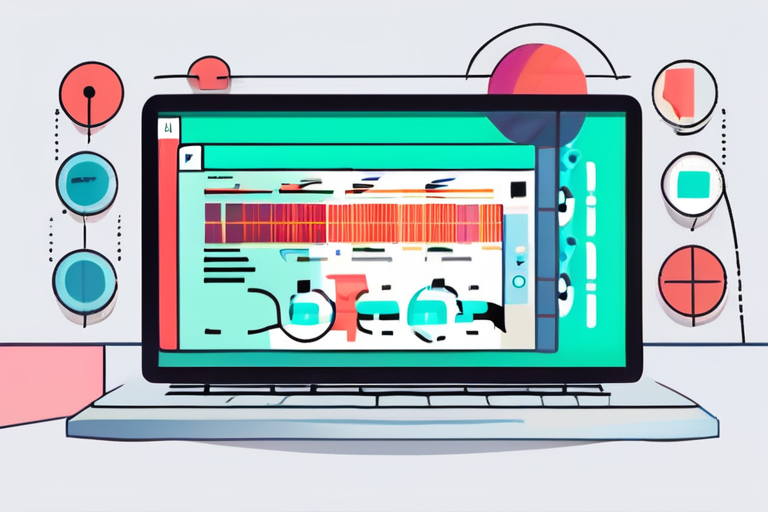
 Hoppi
Hoppi
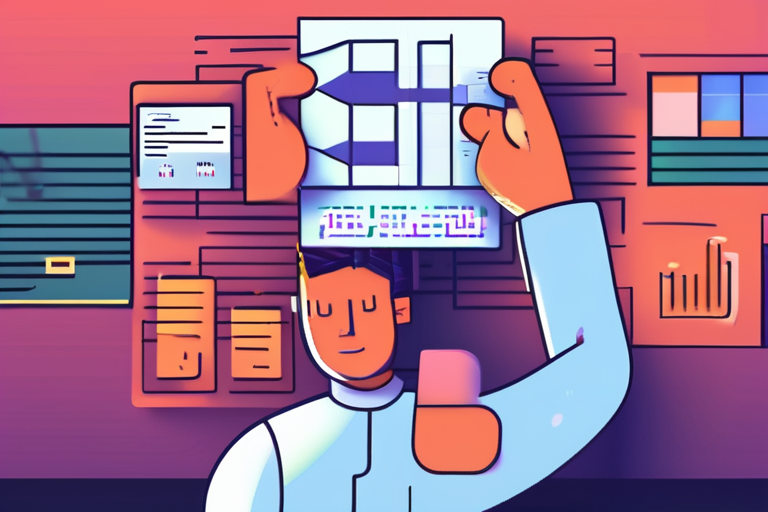
 Hoppi
Hoppi
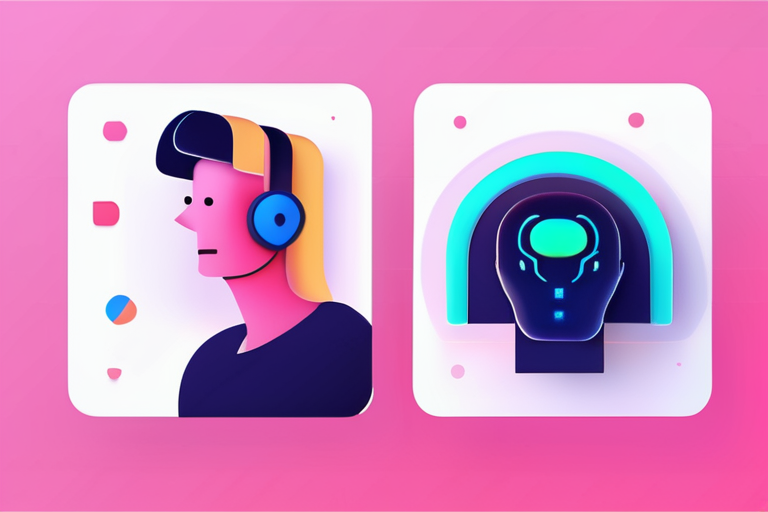
 Hoppi
Hoppi

ChatGPT: The AI Chatbot Revolutionizing Business and Society In just over a year since its launch in November 2022, OpenAI's …

Hoppi

Even the Inventor of 'Vibe Coding' Says Vibe Coding Can't Cut It In a surprising about-face, OpenAI cofounder Andrej Karpathy …

Hoppi

OpenAI Launches AgentKit to Revolutionize AI Development In a significant move to accelerate the development of artificial intelligence (AI) agents, …

Hoppi

Even the Inventor of 'Vibe Coding' Says Vibe Coding Can't Cut It In a surprising admission, Andrej Karpathy, co-founder of …

Hoppi

OpenAI Goes All-In on Vibe Coding, Says 'Mature Experiences' Are on the Horizon At its annual DevDay 2025 event in …

Hoppi

OpenAI Aims to Make ChatGPT the Operating System of the Future In a move that could revolutionize the way we …

Hoppi